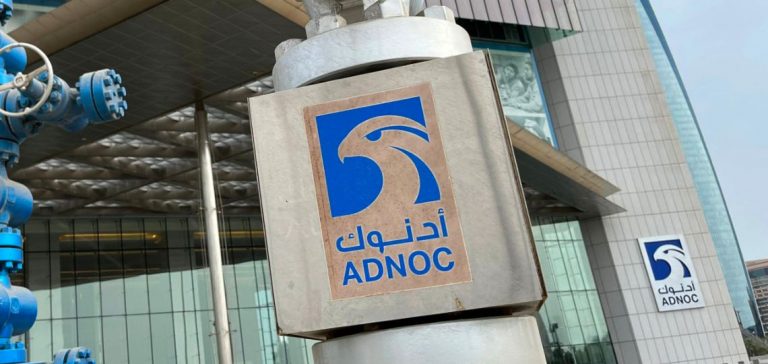Adnoc is expanding into the chemical sector with the acquisition of Covestro, a manufacturer of advanced materials, for 12 billion euros. This move marks a strategic shift, as the Emirati company seeks to diversify amid the volatility of oil markets. The group is offering 62 euros per share, which represents a 54% premium over Covestro’s stock price before the initial speculation in June 2023. This transaction will be financed through Adnoc’s available cash, demonstrating its strong financial capacity.
With this acquisition, Adnoc aims to position Covestro as its main platform for high-performance materials, thereby enhancing its presence in sectors such as thermal insulation, adhesives, and components for electric vehicles. These strategic segments, which are growing rapidly in Europe and Asia, are considered critical for the group’s future development.
A Challenging Context for German Chemical Industry
The German chemical industry is going through a period of turbulence, with major players such as BASF and Bayer facing high energy costs and weakened demand. Covestro, once a subsidiary of Bayer, has not been immune to this situation, seeing its margins shrink due to rising expenses. Adnoc’s acquisition comes in this context of fragility, where several German companies are looking for partnerships or foreign buyers to stabilize their operations.
By integrating Covestro, Adnoc could trigger a wave of foreign acquisitions in the European chemical industry, highlighting the challenges Germany, the largest economy in the eurozone, faces to remain competitive.
Deployment of a Diversification Strategy
Adnoc, aiming to reduce its dependency on oil revenues, is turning to high value-added specialty sectors. The acquisition of Covestro allows it to diversify its portfolio while establishing a strong foothold in the European market. This initiative is part of a series of recent operations by Gulf companies seeking to reallocate their capital beyond hydrocarbons, particularly in Europe, where innovation and advanced technologies are in demand.
Covestro, on its part, will benefit from a significant capital injection, with Adnoc committing to a 1.17 billion euro capital increase, representing 10% of the company’s current capital. This investment aims to enhance its competitiveness and support its technological development projects.
Outlook and Acquisition Challenges
Adnoc’s acquisition of Covestro could also have geopolitical implications, strengthening the Gulf countries’ influence in European industries. The rise of groups like Adnoc in sectors unrelated to oil reflects a desire to redefine their strategic positioning within the global economy. Regulatory authorities, including the Bundesanstalt für Finanzdienstleistungsaufsicht (BaFin), will still need to approve this transaction.
Investors see this acquisition as an opportunity to create new synergies between Adnoc’s oil assets and Covestro’s expertise in advanced chemical products. However, the success of this integration will depend on the ability of both groups to align their corporate cultures and coordinate their operations on an international scale.






















